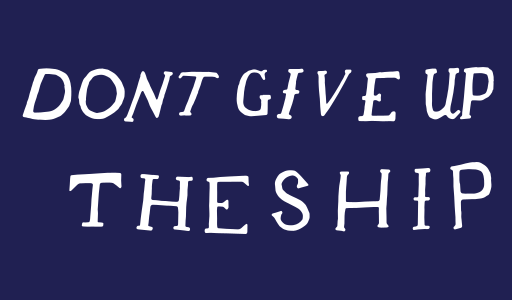Once I thought I knew how I would always vote. I had a political watershed. I was a pro-life Democrat. Don’t laugh. It used to be a thing. Think Robert Casey — Senior, that is. When the Democratic Governor of Pennsylvania, he took a case all the way to the nation’s Supreme Court and came within a single Justice’s vote of overturning Roe v Wade — thirty years ago.
As recently as fourteen years ago, in Congress there were 43 Democratic Representatives (including my Representative) and six Democratic Senators (including one of Pennsylvania’s Senators) who held pro-life views.
In the next Congress it looks like that number will be reduced to just one — Representative Henry Cuellar of Texas, who, in more than one respect, Democrats would be glad to be rid of anyway.
The Democratic Party has become outspoken in its pro-choice advocacy — so much so that it disdains voters like me. Some Democratic spokespersons label persons with views like mine as oppressors of women. Some years ago, I took my vote and registered as an independent.
Eight years ago, despite his pro-life veneer, there was no way I was voting for Donald Trump. It was apparent to me both his public and private character were such that he should never be entrusted with the Presidency. But Hillary Clinton did not get my vote either.
Four years ago, nothing had changed in my appraisal of Trump. I wanted Biden to win. I put a Biden sign in our yard. But even though he is an observant Catholic, because of the ways he expressed himself on my watershed issue, when the moment came to cast a presidential vote, I assuaged by conscience and left that part of the ballot once again blank.
Then, in a whirlwind, came Trump’s lies about the 2020 Election and his naked attempt to subvert the Constitution. When he became the Republican presidential nominee once again, I found that my political watershed had changed.
It became evident to me that, in my cherished role as a United States citizen, my first principle has to be fidelity to the Constitution. A lot of good comes with that fidelity — all that has been governmentally tried and tested and been found institutionally sound and bequeathed to us, the living, by all the generations that have inhabited this nation since its founding. Our nation was and is great.
Not only would I vote for Kamala Harris, not only would I place her sign in our yard, but I also put my name on a stand-alone public endorsement of her that I hoped might do some good. My decision wasn’t about inflation, immigration, or they/them. It for sure wasn’t about abortion — because if there was one issue that would never get a word salad from her it was the issue of a woman’s reproductive rights.
I trusted her, not Trump, to respect our Constitution and the well-deserved integrity of the outcomes of our elections. If we no longer have those, we no longer have our republic. We would no longer have our system of checks and balances to resolve our political differences. Faithfulness to the Constitution is now my watershed.
I don’t expect to even consider voting for a Republican any time soon — not as long as being a Republican means bending a knee to a would-be emperor.
Neither do I expect Democrats anytime soon to expand into a coalition that includes pro-life voters like I once was and want to be again. I would ask Democrats to at least attempt to answer the question “When does personhood begin?”
The rhetoric about reproductive rights, as expressed by Harris and other Democrats, is persuasive on its own terms. But their rhetoric ignores the other side of the argument. The side that Justice Blackmun acknowledged all those many years ago when he wrote in Roe’s majority opinion: “If [the] suggestion of personhood is established … the fetus’ right to life would then be guaranteed by the [14th] Amendment.”
There seems enough to maintain the view that, on the macro level, because of family-supportive polices they implement, abortions are fewer during Democratic presidential administrations than Republican ones. These polices, applied on the micro level, may be determinative in the choice a woman will make. For these family-supportive policies, Democrats deserve credit.
The results of the election attest, however, the overturning of Roe and the right to abortion was not such a winning issue for their candidates, including Kamala Harris, as Democrats thought it would be. In the ten states where there was a ballot measure to either protect or expand the right to abortion, the measure was approved in seven — including Arizona, Missouri, and Montana where Trump won the popular vote. In all ten states, abortion-right support outpolled support for Harris.
The successful ballot measures were not the same as codifying Roe — which enabled states to permit abortion into the third trimester. In general, voters are, in effect, answering the question that the Supreme Court recognized but would not touch and Democrats ignore. When the issue is placed before them, voters are saying that, as a practical matter, with some health and life qualifications, viability is the point where the choice is no longer the mother’s alone to make.
Whether these voters would choose abortion for their own lives and families is different from what they are willing to impose on others. Maybe, in a pluralistic society like ours, that is the most voters like me can hope for. But that does not preclude the possibility, in this pluralistic society, of advocating and developing policies and programs that value life period.
Not expecting much from Republicans, hoping against hope about Democrats, my compass in this political wilderness remains the Constitution.





One of your best articles! When can we get together for some soul searching discussions?
Do you ever receive criticism for your pro-life view?